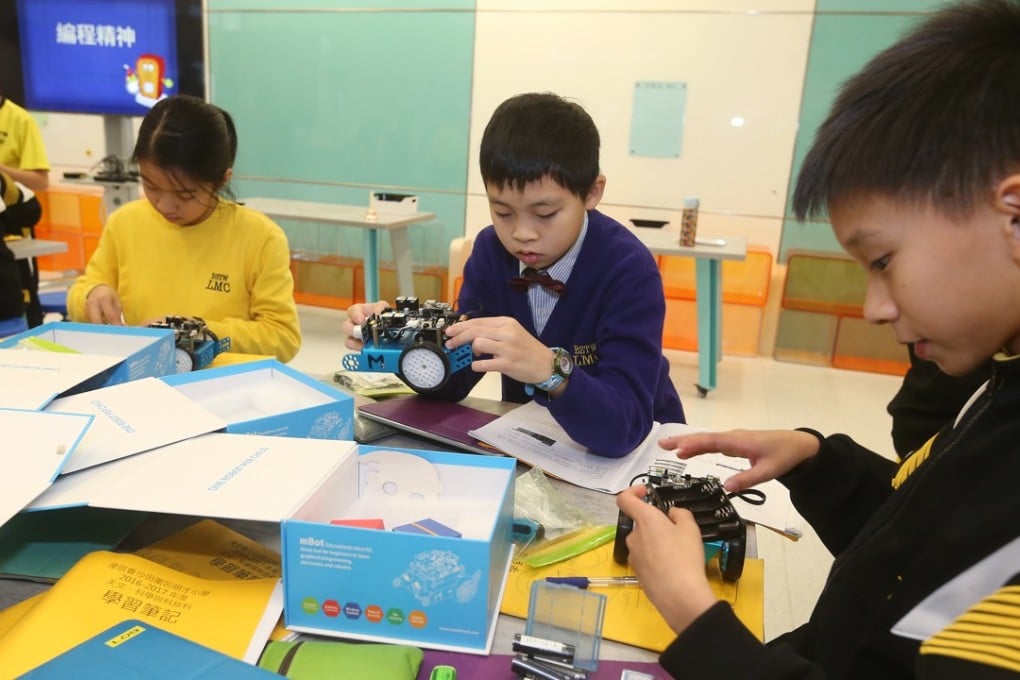Antivirus is dead: young talents are Hong Kong’s first line of defence against cyberattacks
Winnie Tang says with cyberattackers becoming ever more aggressive and global, rules and battle plans have to be redefined, and the government must urgently step up talent training in schools

Unfortunately, antivirus software may not be able to protect your computer and mobile phone completely. Symantec, the developer of Norton, once the best antivirus solution, announced the “death” of antivirus software as it is difficult to shut viruses away.
Cybellum, an Israeli network security firm, recently found a virus that specialised in attacking antivirus software and named it DoubleAgent. Instead of hiding and running away from the antivirus security agent, attackers now directly assault, hijack and gain control over it, turning it into a malicious agent. In other words, it is impossible for us to defend against network attack programmes and ransomware.
Tens of thousands of Chinese firms, institutes affected in WannaCry global cyberattack

Michael Daniel, the White House cybersecurity coordinator in the Obama administration, said cybersecurity is a big challenge in part because we are handling new problems with old thinking. His recent article in the Harvard Economic Review focused on three reasons for the network security problem.
Cybersecurity is a big challenge [as] we are handling new problems with old thinking
One, it is not a mere technical problem, although there is a technical aspect, such as how to write a totally bug-free programme.